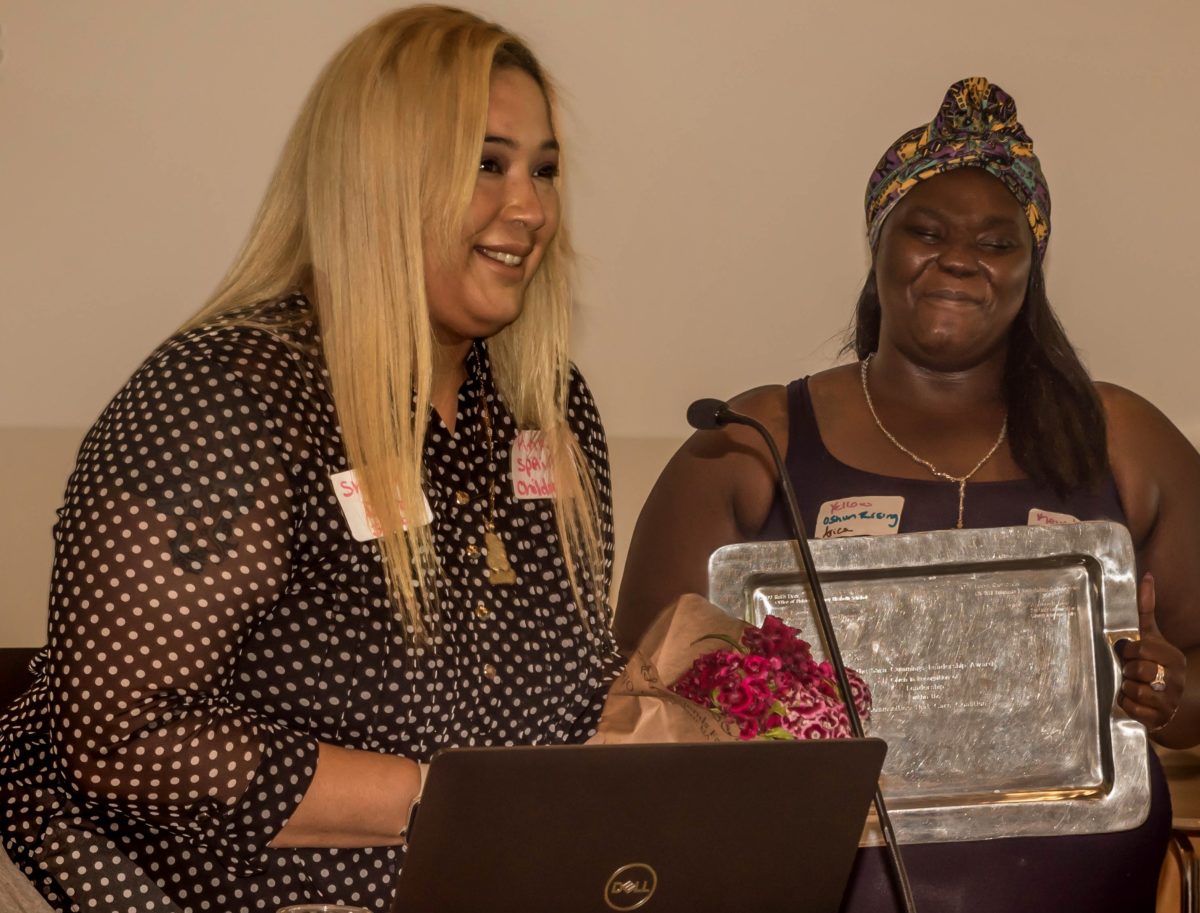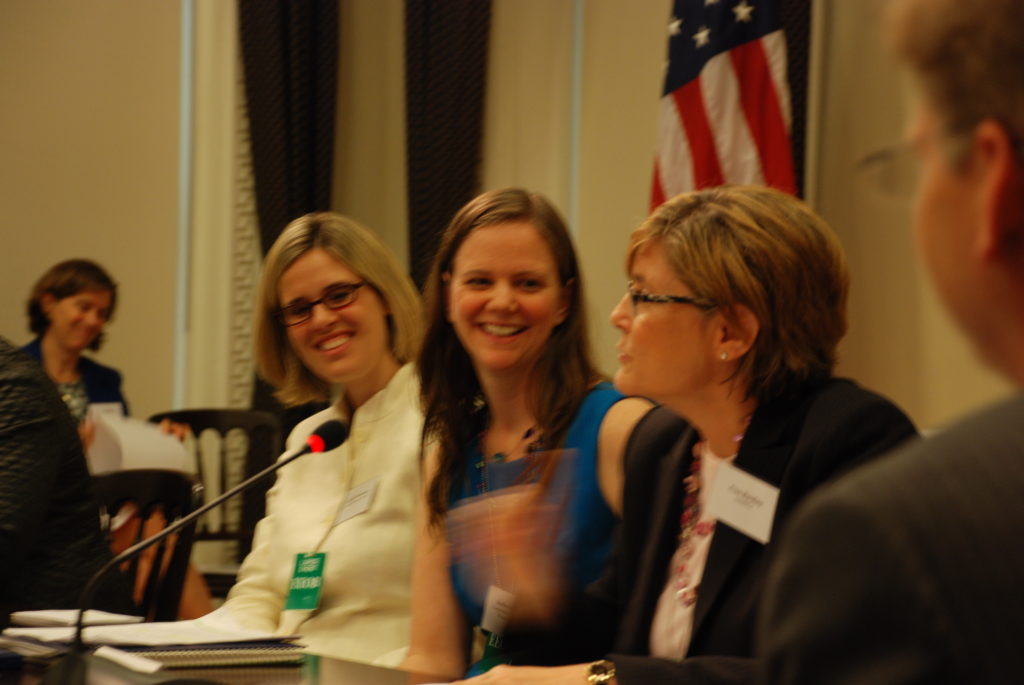Shaundell Diaz Receives Coalition Leadership Award
The Communities That Care Coalition was excited to present the 2022 Sara Cummings Coalition Leadership Award to Shaundell Diaz of the Three County Continuum of Care at Community Action Pioneer Valley. Shaundell is also one of the Co-Chairs of CTC’s Grand Rising Workgroup.
Born and raised in Springfield Mass, Shaundell is a Spiritual Latina, married mom of 4, with Lived Experience of Homelessness. She is currently the Three County Continuum of Care, Coordinated Entry Specialist with Community Action Pioneer Valley. Shaundell has worked in many roles over the last 14 years, including as a CNA in local Skilled Nursing facilities and a Skills Trainer and Options Counselor for Stavros. Shaundell is a fierce advocate in anything and anyone that she can be a voice for. She co-chairs the CTC Grand Rising Workgroup, is on the Rural Development Inc. Board of Directors, initiated the Hampden County Resource Network, facilitates the COC Equity and Inclusion Committee, and is a consultant for the “Re-Imaging Shelter” Project of the National Coalition for the Homeless. Shaundell strongly believes that systemic change is needed to end homelessness, promote disability rights, dismantle systems of white dominant culture and oppression, and integrate Justice for All into our Social, Economic, and School systems.
Shaundell is brilliant, dedicated, warm, welcoming, kind, charismatic, and fun. She is a natural-born leader. The Coalition is delighted to present Shaundell with this award.




